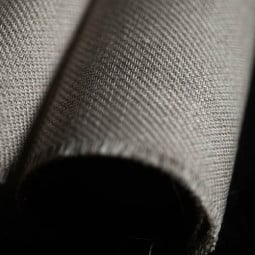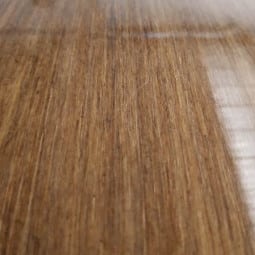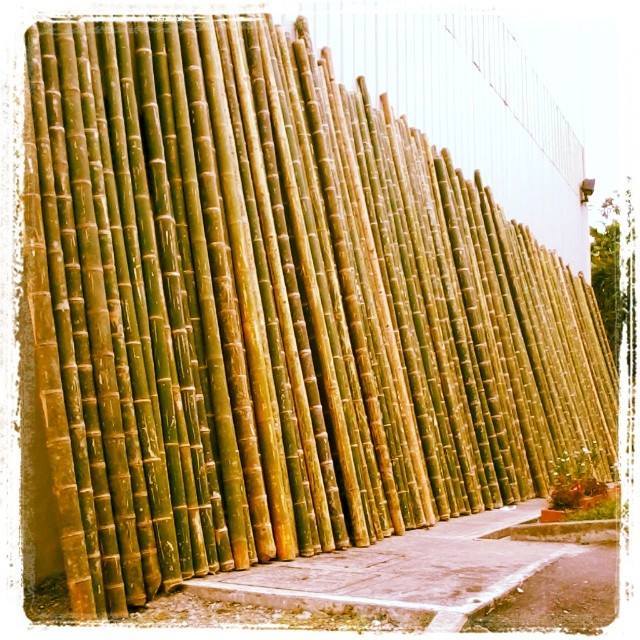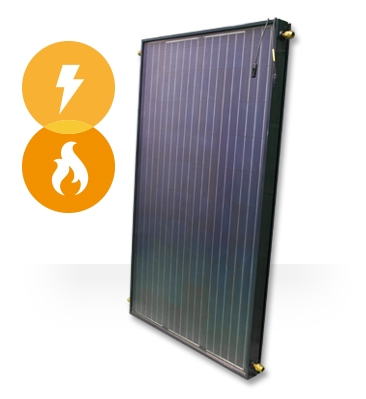Bio-based materials
for the circular economy.
We offer you a selection of 100% natural or mixed bio-based materials with which we can ecodesign other ways of decarbonising production, construction, mass consumption goods or apply a circular economy ecodesign taking advantage of the biodegradable/compostable benefits of natural fibers or waste. We promote transformed agricultural products, ensuring the sustainability of the environmental impact of their final disposal, recycling or retransformation and other use for their biomass into the circular economy.

Flax bio-based materials
By-product of interest, short flax fiber is very interesting for its thermoregulatory properties (hollow fiber), mechanical – one of the most resistant in the plant world – and shock absorbers. Its cultivation lasts only 4 months and does not require the use of pesticides or an irrigation system.
non woven textile

FLAXFLEX
F300 & F450
Roll of a 100% linen short fiber NON-WOVEN rug with a metric density of 300g/m² and 450g/m².

FLAXFLEX dry
BL200/BL300/BL550
Roll of a BIDIRECTIONAL WOVEN rug of short fiber 100% linen with a metric density of 200g/m². 300g/m²
and 450g/m².

FLAXFLEX dry
UD180
Roll of a UNIDIRECTIONAL WOVEN short fiber 100% linen rug with a metric density of 180g/m².
Bio-based
✔ Transformed by-product of the French linen sector.
✔ From irrigation free and free of pesticides crops.
Applies mainly for infusion, Resin Transfer Molding (RTM),
film stacking, prepreg manufacturing process.

FLAXPREG T-UD
50 & 110
is a range of prepreg materials based on epoxy resin and UNIDIRECTIONAL 100% linen fiber reinforcement with 50g/m² and 110g/m² linen.
Bio-based
✔ Transformed by-product of the French line sector.
✔ From irrigation free and free of pesticides crops.

Sugar Cane Bio-Based
BIOPOLYMERS & RESINS
Faced with the appearance of new legislation that prohibits single-use plastic or that seeks new production methods based on the circular economy and the demands of consumers who demand more sustainable products, our Partner has developed ZIMIA grades, a range of biopolymers able to replace many of the applications of conventional plastics.
We offer you the extensive experience of the manufacturer into the ecodesign and manufacturing of additives and bioresins, biobased and compostable bioplastics to comply with the European regulation of 2030 and promote the circular economy.
We offer relevant innovative bio-based raw materials to replace traditional oil based plastics in the industry and contribute to the sustainability of our production processes and consumption habits.

Extrusion-thermoforming
Our biopolymers obtain practically the same results as when using petroleum-derived plastics, but with the advantage of working with a more sustainable material, which adapts to the European Directive and which meets the demands of consumers when it comes to demanding more sustainable products. responsible with the environment.
Our customers already produce





Blown film
Blown Film molding is very common in the sector, as we can see it both in the classic fruit and vegetable bags and in the rolls of cling film in our kitchens. ZIMIA bioplastics act practically similar to that of conventional plastics but with the added virtue that it is a sustainable and environmentally friendly material.
Our customers already produce



Origen orgánico
✔ Subproducto transformado de subproducto del sector azucarero tropical.
✔ Materia prima trazable.
✔ Materia biodegradable de fuente orgánica biocompostable.

injection blown
Intended for injection molding, our bioplastic granules have been developed to be processed by conventional machinery and have a behavior very similar to that of petroleum-derived plastics, but with the added value of being a sustainable product.
Our customers already produce





injection molding
ZIMIA bioplastics offer a performance similar to that of conventional plastics but with the advantage of being environmentally responsible. Furthermore, these grades can be processed by conventional machinery.
Our customers already produce



Biodegradables
NOT OXODEGRADABLE
✔ Europe:
EN 13432 +
EN 14995
✔ ISO 18606 - Packaging and the environment – Organic
Recycling
✔ ISO 17088 - Specification for compostable plastics
✔ United States of America:
ASTM D6400 - Standard Specification for labelling of
plastics designed to be aerobically composted in
municipal or industrial facilities
✔ ASTM D6868 - Standard specification for labelling of end
items that incorporate plastics and polymers as
coating or additives with paper and other substrates
designed to be aerobically composted in municipal or
industrial facilities

Guadua wood
(Bamboo from Colombia)
For being a giant grass with the highest rate of regeneration and growth in the world, Guadua captures high amounts of CO2. A guadua forest that is used responsibly absorbs 10 times more carbon dioxide than an unexploited bamboo forest.

Guadua of Colombia
NATURAL GUADUA ANGUSTIFOLIA KUNTH - (Selected diameters in the forest for their status, rights, couples)
Sustainability
✔ Wood from the tropical andean rainforest.
✔ Promotes the responsible exploitation of guadua forests.
✔ Natural fiber from Colombian Andean altitude (1600m).
✔ Irrigation and pesticides free crops.
✔ High rotation crop (3 years) as it is a CO2 sink.
Join the Greennovaction team !












Get Greennovactor